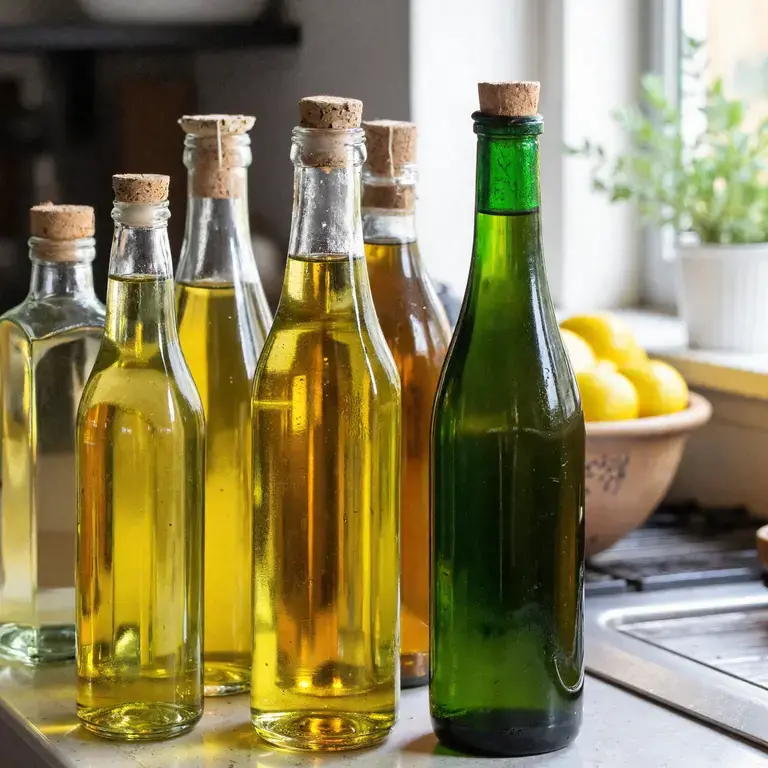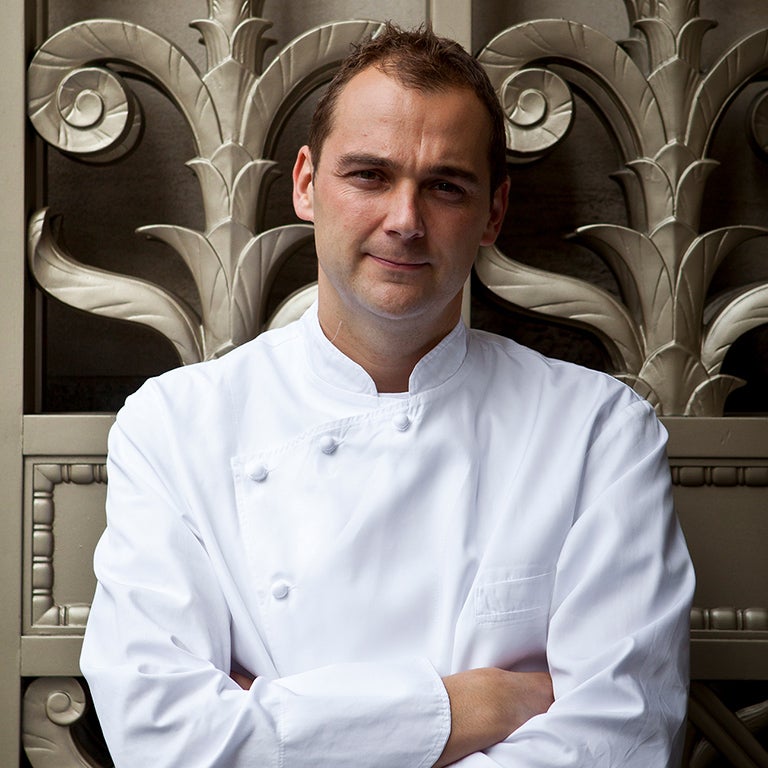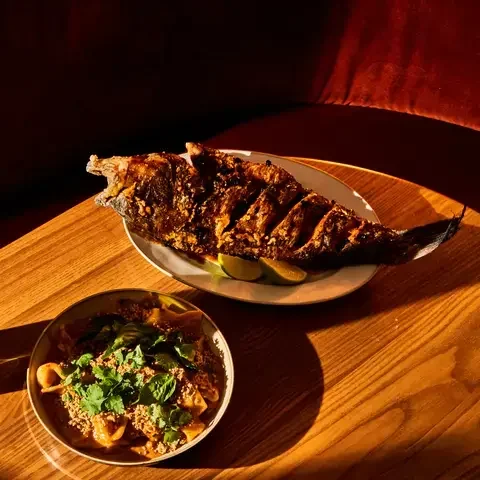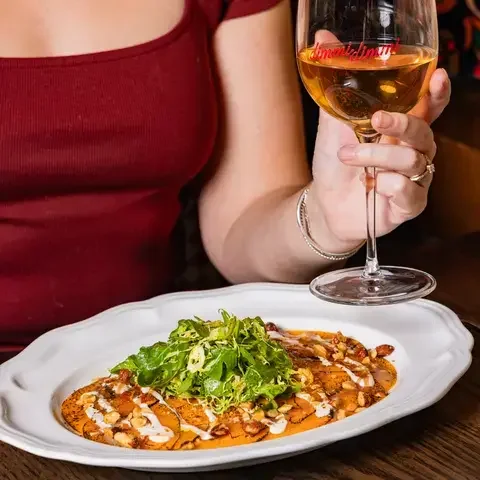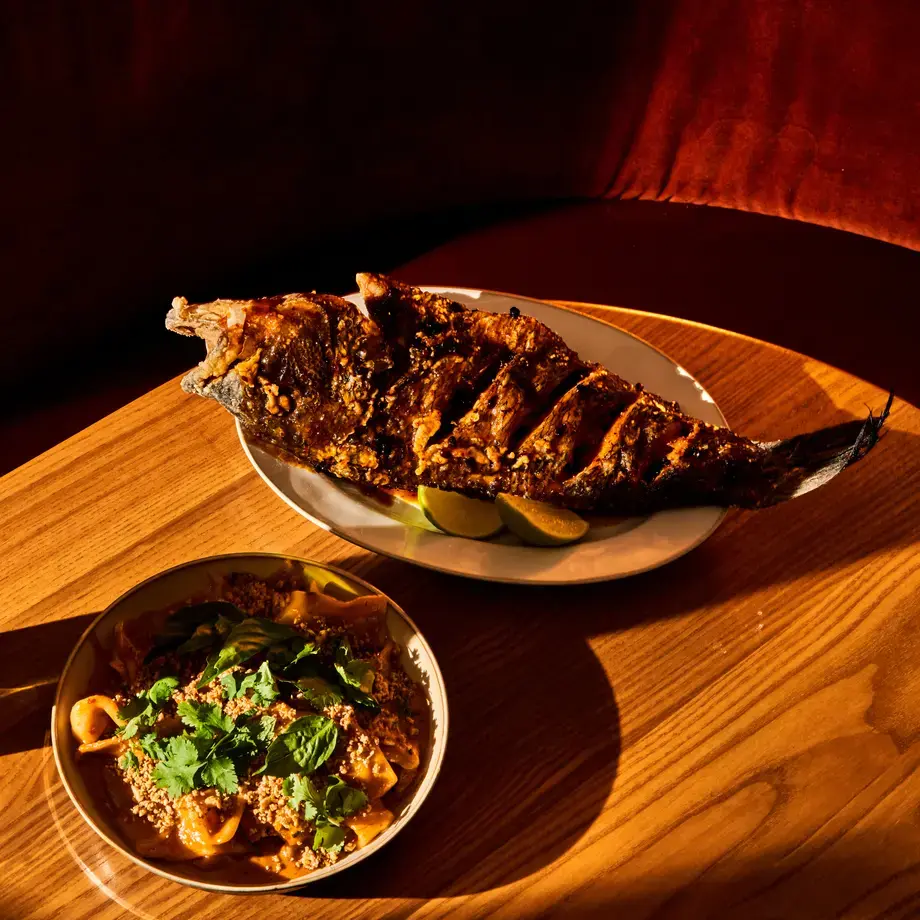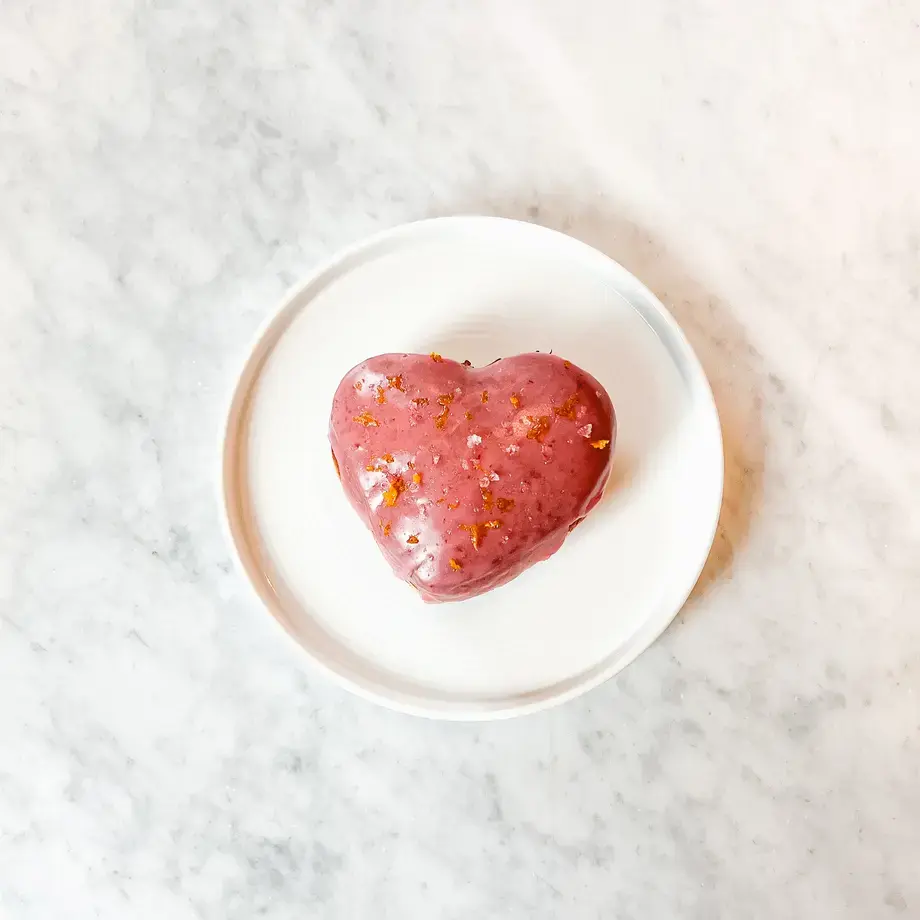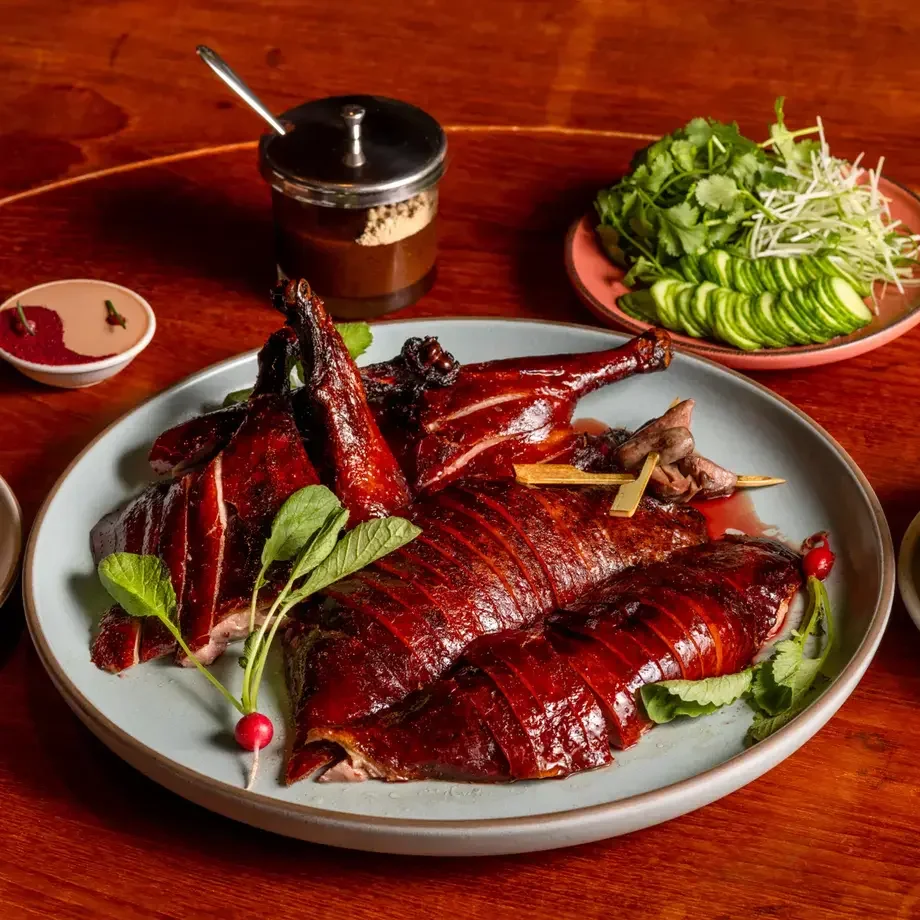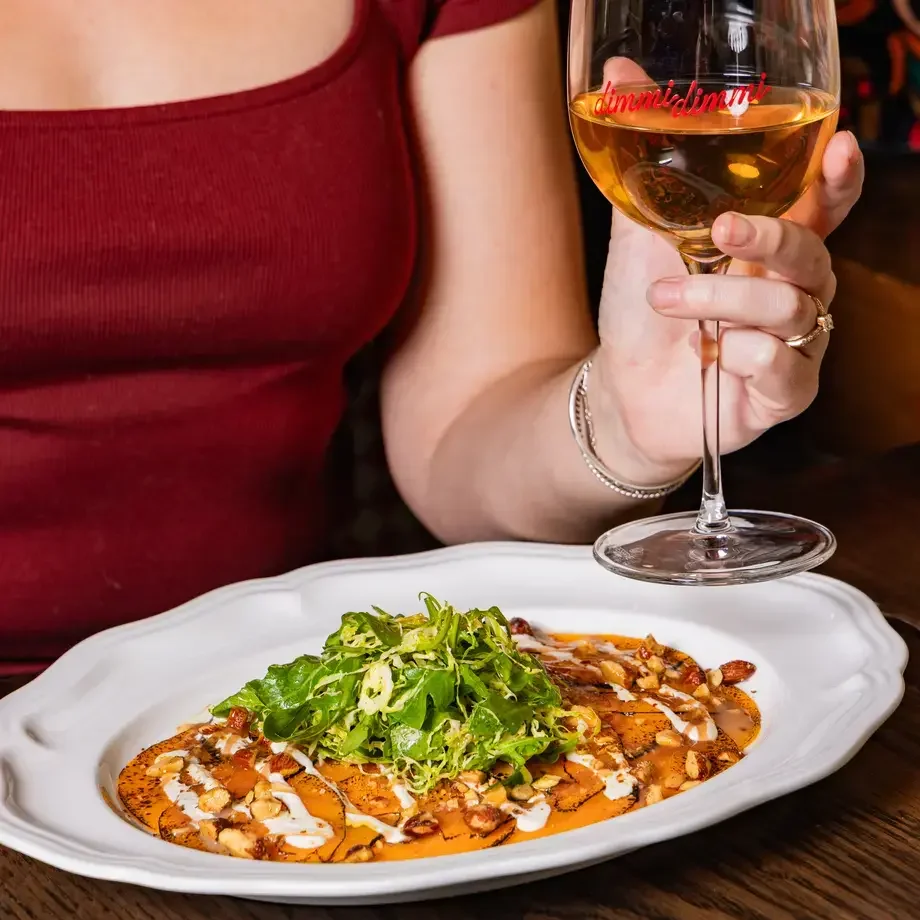Modern chefs understand more about food than ever before. And while some ingredients stand the test of time, increasingly, others no longer have a seat at the table.
Why Seed Oils Are Under Fire
Since the late 1990s, seed oils—such as canola, sunflower, peanut, and corn oil—have dominated most commercial kitchens. They largely replaced higher-fat ingredients like margarine and lard, praised for being lower in trans fats and having a higher smoke point. But more recent studies have raised concerns: seed oils are high in omega-6 fatty acids, which have been linked to inflammation and autoimmune conditions.
The growing body of information—and conflicting opinions—around seed oils has led some chefs to rethink their use in the kitchen. In April, Chef Daniel Humm of Eleven Madison Park in New York City announced that his team would be replacing seed oil with algae oil.
“Algae oil was the first product that really made us consider making a change like this,” Humm told Fine Dining Lovers. “We aren’t following a trend, but creating a new standard.”
How Daniel Humm Made the Switch
Humm first discovered algae oil through Kas Saidi, co-founder of Algae Cooking Club. As Saidi prepared to launch the oil in the U.S., he sought Humm’s input on recipe development and a collection of infused oils.
That’s when Humm realized just how much more sustainable algae oil was compared to seed oils—it became his initial motivation to make the switch. “All other alternatives require significantly more land and water to produce,” he explained. “To put it in perspective, algae oil uses approximately 87% less land than canola oil and 90% less than soybean oil. It also uses 88% less water than palm oil and 90% less than sunflower oil.”
Humm also praised the way algae oil performs in the kitchen. “If it didn’t make our food more delicious, we wouldn’t use it,” he said, noting the oil’s neutral flavor makes it “incredibly versatile, and never interferes with the flavors of a dish.”
It also has a remarkably high smoke point—over 500°F—higher than any cooking oil Humm has used, allowing him to fry and sear at intense heat without any burnt flavor. “This oil switch is also for the benefit of our guests as well as for the planet,” he added, noting that algae oil is high in omega-9 fats and low in omega-6s—the primary concern with traditional seed oils.
Humm says algae oil is still “relatively under the radar,” which makes the transition all the more exciting. But he’s not alone—other chefs are also experimenting with alternatives to seed oils.
